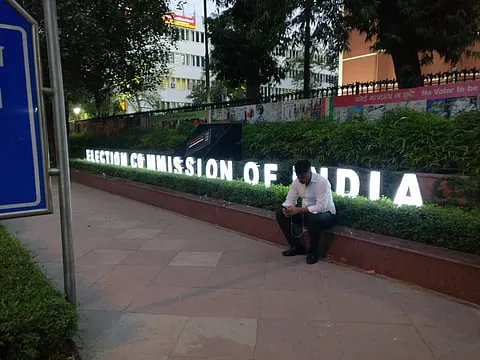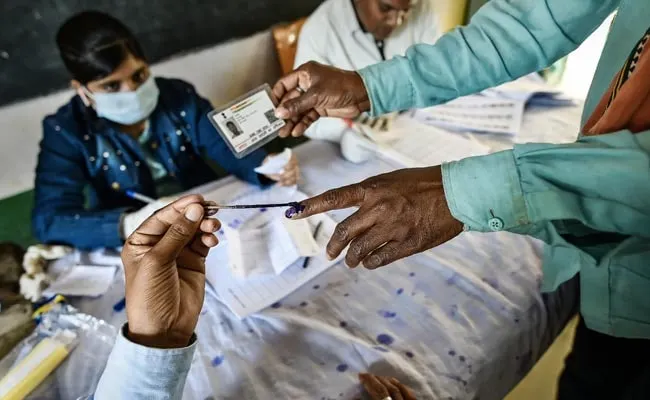In politics, nothing is more crucial than ensuring the integrity and transparency of elections. For this reason, the Model Code of Conduct (MCC) was introduced by the Election Commission of India (ECI) to govern the conduct of political parties and their candidates during elections. This comprehensive code of conduct outlines the dos and don’ts for political players, serving as a guiding force in maintaining electoral discipline. But what exactly is the Model Code of Conduct, and how does it shape the election terrain in India? In this article, we’ll go into the nuances of the MCC, exploring its importance, key provisions, and the consequences of non-compliance.
The Importance of the Model Code of Conduct
The Model Code of Conduct is a crucial document that sets the tone for electoral ethics in India. It aims to level the playing field, ensuring that political parties and candidates adhere to a set of guidelines that promote fairness and transparency. By codifying the rules of engagement, the MCC prevents parties and candidates from exploiting loopholes, thereby maintaining the integrity of the electoral process. The code is also designed to promote public confidence in the electoral system, as voters can trust that the rules are fair and enforced equitably.
Key Provisions of the Model Code of Conduct

The Model Code of Conduct encompasses a wide range of provisions, covering various aspects of election campaigning. Some key areas addressed include:
* Code of conduct for political parties and candidates
* Code of conduct for election officials
* Code of conduct for media
* Prohibitions on corrupt and illegal practices
* Provisions for tackling model code violations
Under the MCC, political parties and candidates are prohibited from indulging in malpractices such as bribery, intimidation, and abusing the electoral process for personal gain. Election officials, on the other hand, are bound by a code of conduct that promotes their neutrality and impartiality. The code also outlines specific rules for the media, prohibiting them from publishing or broadcasting election-related material that is false, misleading, or of a communal or divisive nature.
Consequences of Model Code Violations
Non-compliance with the Model Code of Conduct can have serious consequences for political parties and candidates. The ECI can impose penalties, ranging from warnings to imprisonment, depending on the severity of the infraction. In addition, the commission can also disqualify candidates who contravene the code, thereby preventing them from contesting the election. Furthermore, violators can also face legal action, including criminal prosecution, for electoral malpractices.
Ensuring Electoral Integrity
The Model Code of Conduct plays a vital role in ensuring the integrity of the electoral process in India. By promoting transparency, accountability, and ethics, the MCC helps to maintain public trust in the political system. As India moves towards becoming a global leader, the need for a robust electoral system that upholds democratic values is more pressing than ever. By adhering to the Model Code of Conduct, political parties and candidates can demonstrate their commitment to fair play and contribute to the growth of a healthy, vibrant democracy.


